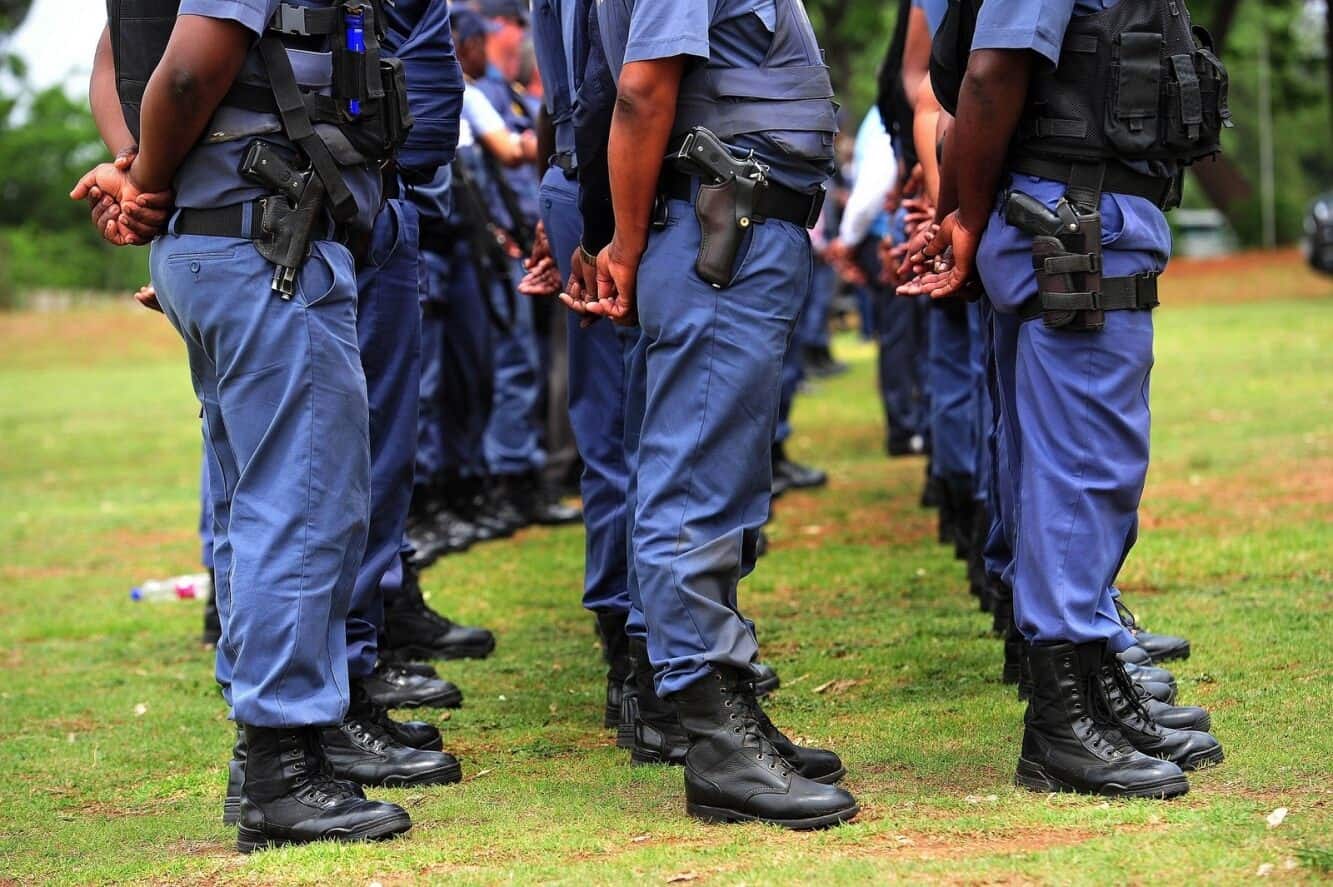Paltry, pathetic, Philippi! Police college a breeding ground for self-enrichment and substandard training
The civil rights organisation Cape Forum urgently called on the South African Police Service (SAPS) today to intervene in the collapse of the Philippi Police College and conduct a thorough investigation into several shocking allegations regarding the staff, quality of training, treatment of women and quality of and criminality among police recruits.
The decline of the college as a whole is a serious cause for concern, emphasises Cape Forum and argues that recent revelations show that weak and corrupt management can be held responsible for the decay of this training institution.
According to information received by Cape Forum, the extent of deterioration of the college is multidimensional, and includes, among others, the following:
- Poorly qualified management: Four out of the five senior management members of the Philippi College have no previous policing experience, but are responsible for all training, the well-being of recruits and quality control, among other things.
- Self-enrichment: The leasing of college property is currently being done but allegedly ends up in the pockets of corrupt officials.
- Misappropriation of funds: More than R300 000 was spent on bus transport for members of the public to attend the passing out parade in December last year. Furthermore, the college principal recently spent almost R76 000 on a new desk and cupboards for his office.
- Sexual harassment: Several female recruits from the college made accusations of sexual harassment by SAPS members last year. In response to their complaints, the women were punished and forced to sleep outside without blankets and roll in sewage.
- Criminality among recruits: A number of recruits were involved in criminality last year, including drug use and involvement in gang-related activities.
The current system of training in the police has failed because of the centralised management applied in the police, explains Bernard Pieters, Manager of Community Activation at Cape Forum.
“The devolution of policing power is now a matter that must be prioritised so that the chestnuts can be pulled out of the fire. Communities must be empowered so that work can be done to establish functioning and healthy communities,” says Pieters. However, he insists that in the meantime the SAPS must not abandon its responsibility and must now ensure that the problems that are currently leading to the decline of this institution are addressed. “Poor training, questionable recruits and criminality emanating from this training college cannot be tolerated. The carnage in Philippi must end now. The Western Cape’s unique crime landscape requires a proud and responsible police force that can function efficiently and without the bureaucratic baggage of a central force,” concludes Pieters.


